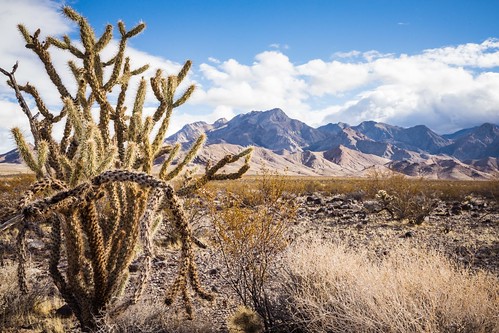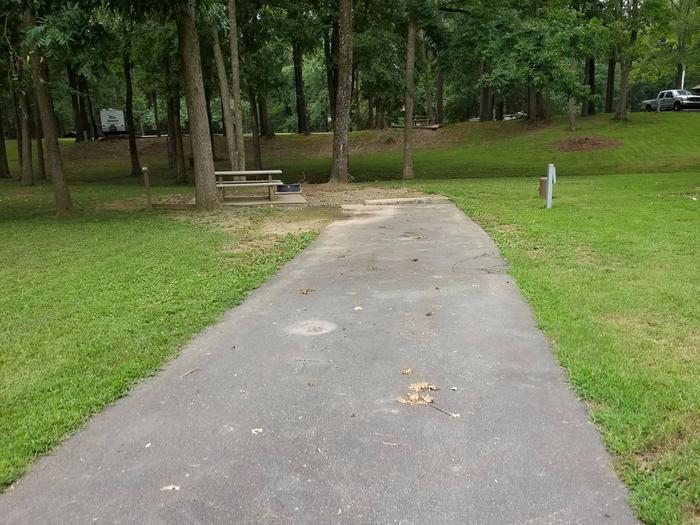Directions
Access this wilderness via the Excelsior Mine Road from Interstate 15, or the Old Spanish Trail Highway.
Phone
760-252-6000
Activities
CAMPING, INTERPRETIVE PROGRAMS, HIKING, HORSEBACK RIDING, HUNTING, WILDLIFE VIEWING, WILDERNESS, ENVIRONMENTAL EDUCATION, PHOTOGRAPHY
Camping Reservations
Reserve your campsite at these camping areas:
Hiking Trails
Looking for nice hiking areas to take a hike? Choose from these scenic hiking trails:
Related Link(s)
More California Recreation Areas
Overview
The Pahrump Valley in the north, the Mesquite Valley in the southeast, and the California Valley in the west join forces in this desolate, seldom-visited Wilderness. Alluvial slopes in all three valleys ascend gradually southward into the northern Kingston Range, which also lies within the Wilderness. 

In the mountains, you’ll find a rugged piece of earth with many canyons, winding washes, and bajadas. Elevations range from 2,720 feet on a valley floor to 4,569 feet on a mountain summit. The three dry valleys are dotted with desert shrubs and yucca. Wild burros are protected here, and you’ll probably see a few of them, along with desert bighorn sheep, desert tortoises, and golden eagles.
An old four-wheel-drive track crosses the area from northwest to southeast, and a long waterless way it is. The northeastern border is the Nevada state line.
For more information about this wilderness, please visit Wilderness Connect.
Leave No Trace
How to follow the seven standard Leave No Trace principles differs in different parts of the country (desert vs. Rocky Mountains). For more information on any of the principles listed below, please visit Leave No Trace, Visit the Leave No Trace, Inc. website..
- Plan Ahead and Prepare
- Travel and Camp on Durable Surfaces
- Dispose of Waste Properly
- Leave What You Find
- Minimize Campfire Impacts
- Respect Wildlife
- Be Considerate of Other Visitors
Rules and Regulations
Motorized equipment and equipment used for mechanical transport are generally prohibited on all federal lands designated as wilderness. This includes the use of motor vehicles (including OHVs), motorboats, motorized equipment, bicycles, hang gliders, wagons, carts, portage wheels, and the landing of aircraft including helicopters, unless provided for in specific legislation. In a few areas some exceptions allowing the use of motorized equipment or mechanical transport are described in the special regulations in effect for a specific area. Contact the agency for more information about regulations.






